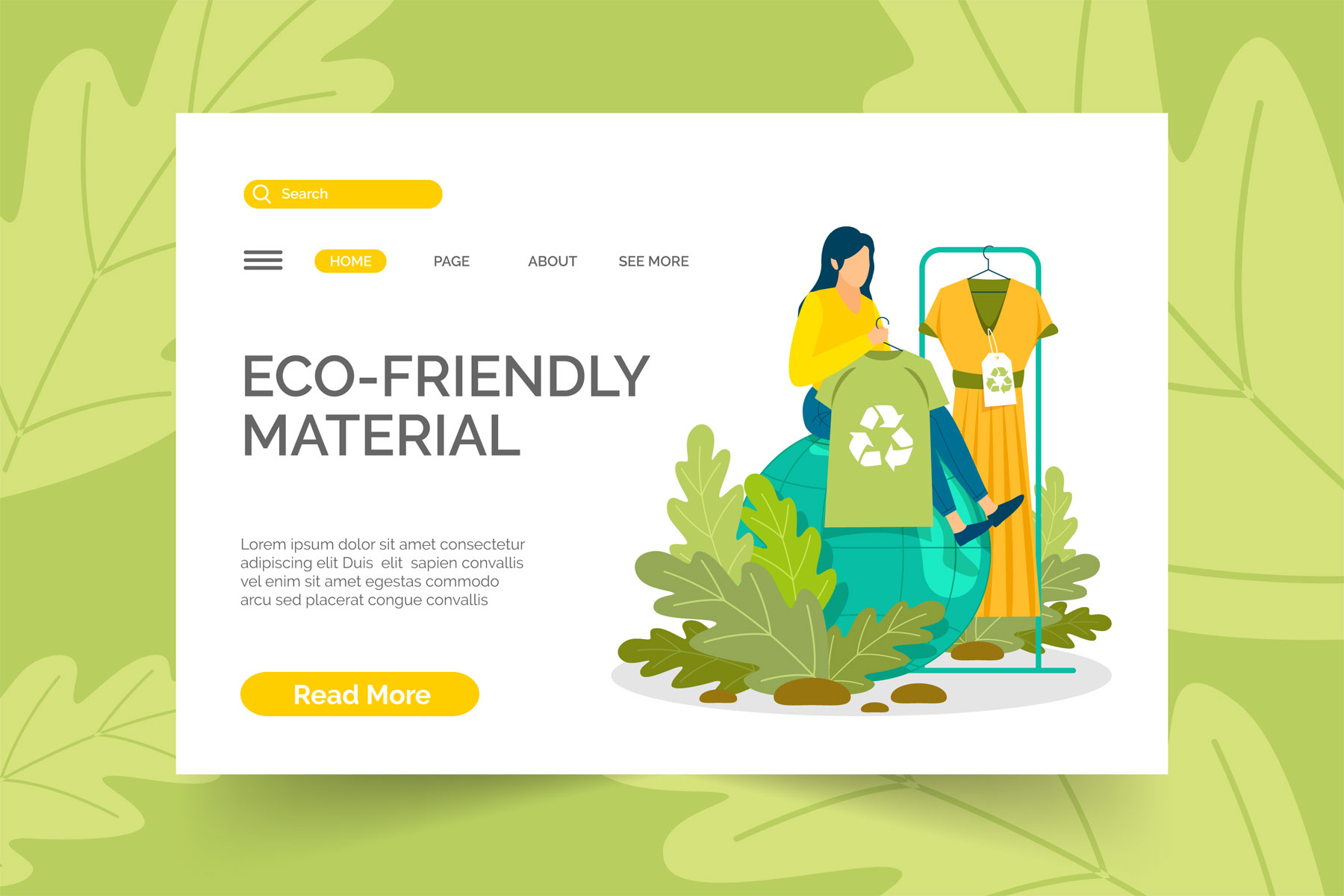Making an ecommerce business more sustainable is not only beneficial for the environment but can also enhance your brand reputation and attract environmentally conscious customers. Here are some tips to make your ecommerce business more sustainable:
- Choose sustainable packaging: Opt for eco-friendly packaging materials such as recycled or biodegradable materials. Minimize the use of unnecessary packaging and consider lightweight options to reduce shipping emissions. Communicate your commitment to sustainable packaging to customers.
- Use efficient shipping practices: Optimize your shipping processes to minimize the carbon footprint. Consolidate orders when possible, choose energy-efficient carriers, and explore options for carbon-neutral shipping. You can also offer customers the choice to offset their shipping emissions.
- Encourage responsible consumption: Promote the value of responsible consumption to your customers. Provide product information that highlights durability, longevity, and eco-friendly features. Encourage customers to make informed purchasing decisions and choose products with a lower environmental impact.
- Source sustainable products: Prioritize products that are ethically sourced, environmentally friendly, and have a reduced carbon footprint. Consider working with suppliers who follow sustainable practices and provide transparency about their production processes.
- Offer recycling and take-back programs: Implement recycling initiatives by encouraging customers to recycle packaging or providing take-back programs for products. Partner with local recycling facilities or organizations that specialize in recycling electronic waste, if applicable.
- Reduce energy consumption: Optimize your website and server infrastructure for energy efficiency. Use energy-efficient servers, enable caching, compress images, and minimize unnecessary scripts and plugins. Encourage employees to practice energy-saving measures in the workplace.
- Promote digital products: Consider offering digital products or services to reduce the reliance on physical goods. This can include ebooks, online courses, software, or digital downloads. Digital products have a significantly lower environmental impact compared to physical products.
- Practice responsible supply chain management: Assess your supply chain and work with suppliers who share your commitment to sustainability. Consider factors such as fair labor practices, ethical sourcing, and reducing transportation emissions by sourcing locally whenever possible.
- Engage in transparency and communication: Be transparent about your sustainability initiatives and efforts. Communicate your commitment to sustainability on your website, product descriptions, and marketing materials. Share your progress, achievements, and challenges with your customers and stakeholders.
- Educate and involve customers: Raise awareness about sustainability issues by educating your customers through blog posts, social media content, or newsletters. Provide tips on how they can make more sustainable choices and involve them in your sustainability journey.
Remember, sustainability is an ongoing commitment, and it’s important to continuously evaluate and improve your practices to make a meaningful impact. By integrating sustainability into your business operations, you can create a positive change and inspire others to do the same.




